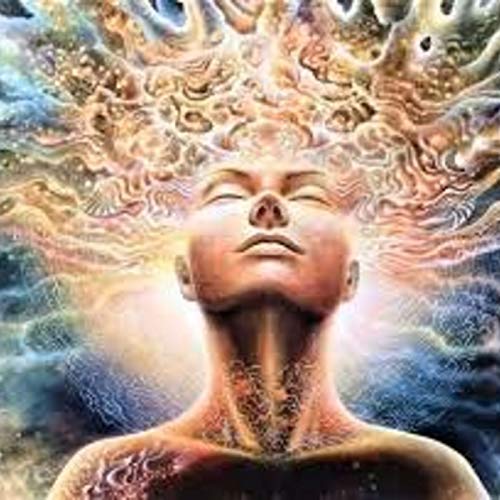In my corporate consulting work, I often used Daniel Goleman’s work on Emotional Intelligence, including his EQ self-assessment. His work advocated the importance of human social relationships and helped leaders in organizations recognize that EQ could be as important if not more important than IQ. Yet, thousands of years before Daniel Coleman wrote his book emotional intelligence, Islam and other faiths were speaking about the role of emotions in human relations, as well as the role of the Selfish Ego and how it uses emotions to manipulate us. We all have the Selfish Ego- it is human nature. What spiritual development asks us to do is to battle with this Ego and develop awareness of our Higher Self.
One of the terms that Emotional Intelligence has popularized is “triggered”, which means an emotional reaction to someone else’s action. Here is an article on EQ that discusses triggers (https://thriveleadership.com/blog/2018/7/18/boost-emotional-intelligence-by-identifying-triggers). So, I was pleasantly surprised to find a talk by Humza Yusuf, probably the most renowned Islamic scholar in the West, and the co-founder of Zaytuna College in California, use this pop psychology expression and contextualize it in spiritual development terms. He said that when we do get triggered, we are handing over our internal state to someone else. We are allowing someone else to control how we feel inside and handing control over to them! This breeds more negative emotions, such as bad mood, resentment, anger, fear, grudges, etc. What if we let our Higher Self zoom out and look at the situation more objectively? We would recognize the state of “being triggered”, but not act on it. We would remember that it is our Selfish Ego part that is telling us to feel bad, and to continue the cycle of emotional violence. And we would step into our Higher Self, reminding us to forgo, forgive, move on and not fall into the vicious cycle of emotional violence.
For example, let us say someone cuts you off on a highway: one option is to take it very personally and get upset and chase them and do the same to them; the other option is to take a breath and remind ourselves that no matter what led them to bother us and perhaps even endanger us, is not personal: they would do it to whoever was in their way; it is as a result of their inner state which is in turmoil. So why let their negative state infect our state and give them control over our own inner state- why not continue cruising down the highway in peace, thankful that we were not hit by this disturbed action by a stranger?
Of course, this is a simple example. There are deeper forces and histories in human relations that result in very bad triggers. In those cases, healing conversations are needed to forgive and heal the past, and move to a brighter future. In the meantime, it is a good practice to observe ourselves- how easily do we get triggered, and how do we rise above that state? How do we develop the calm mindfulness not to get caught (too often) in this state?


Be First to Comment